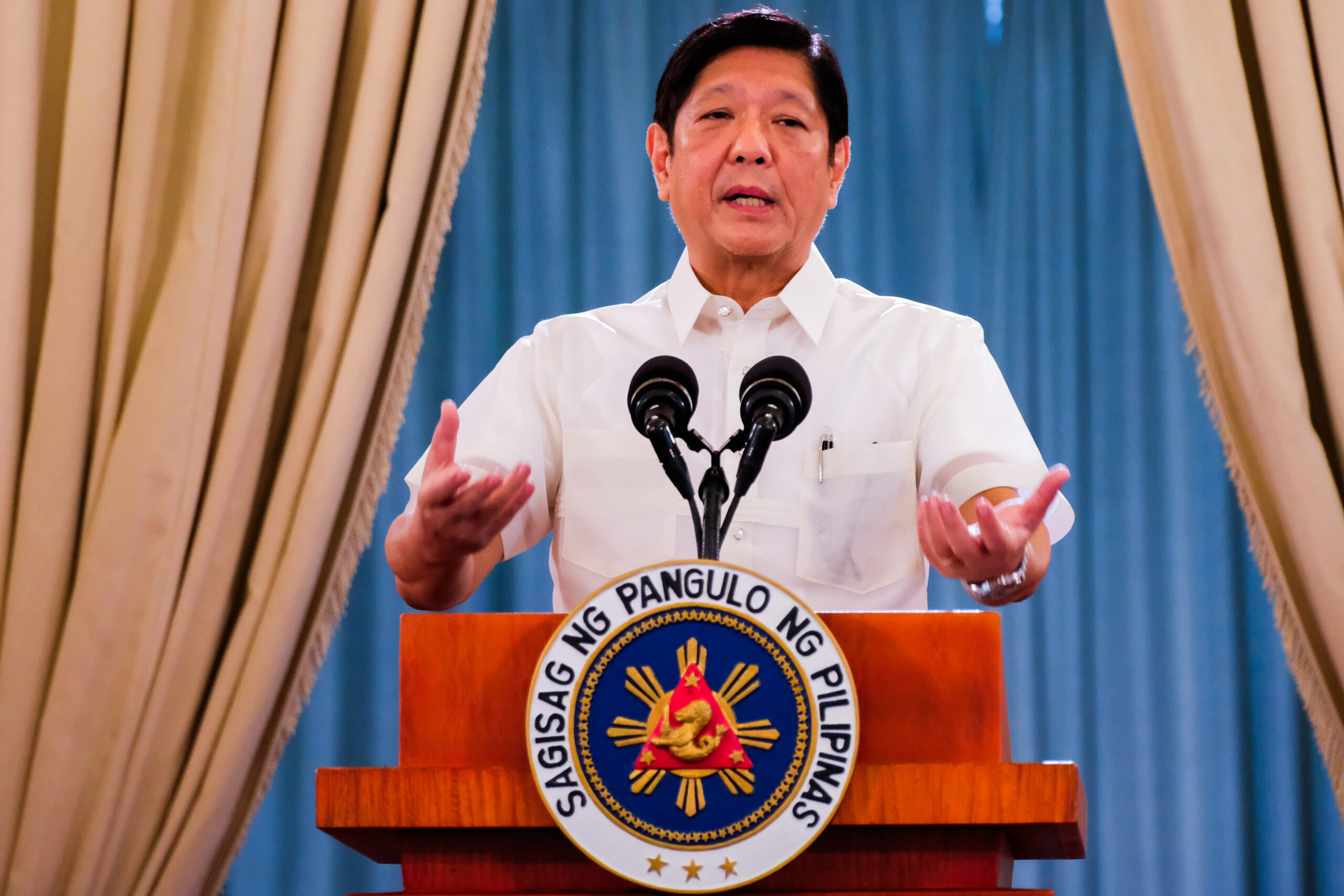Human rights groups criticized President Ferdinand Marcos Jr.’s failure to address key issues in his State of the Nation Address (SONA) on July 28, 2025.
The Philippine Alliance of Human Rights Advocates (PAHRA) said that once again, Marcos Jr.’s SONA failed to present concrete plans to address human rights concerns.
PAHRA Secretary-General Edgar Cabalitan noted that urgent issues like political prisoners, Indigenous Peoples, and human rights defenders were largely overlooked.
PAHRA also pointed out that the Marcos Jr. administration has yet to take a clear stance on the Philippines’ return to the International Criminal Court (ICC). “Duterte’s arrest is not enough. We need safeguards to prevent abuses from happening again,” said Cabalitan.
Marcos Jr. said in his SONA that “no active guerrilla groups remain in the country” and that former rebels now work together with the Armed Forces of the Philippines and the Philippine National Police to maintain peace and order in the Bangsamoro Autonomous Region in Muslim Mindanao (BARMM). “Because of this, our society today is more peaceful and more protective of human rights – regardless of age, gender, condition, or group,” he said.
Marcos Jr.’s claim, according to Christina Palabay, secretary general of the human rights alliance Karapatan, dodged the issues of extrajudicial killings, enforced disappearances, so-called “red-tagging” (i.e., labeling individuals or organizations as supporters of the communist insurgency group New People’s Army that is designated as terrorist), and the increasing weaponization of laws combatting terrorism.
Lawyer Efenita M. Taqueban, executive director of the Legal Rights and Natural Resources Center (LRC), observed that, as in previous years, the pressing concerns facing indigenous peoples were once again absent from Marcos Jr.’s speech. In a report released last year, LRC revealed that at least 237,931 Indigenous people were affected by 73 recorded human rights violations linked to land disputes in 2024. This marked a more than 400 percent increase compared to the previous two years.
Taqueban criticized the president for opening up vital sectors like mining, agriculture, water, and renewable energy to foreign corporations without establishing safeguards, warning that these industries threaten Indigenous lands and forest ecosystems. She said her group’s recent findings show that 1.7 million hectares of Indigenous land are threatened by overlapping uses like large-scale mining, forest leases, and other high-impact projects.
Marcos’ speech omitted many significant national issues. He ignored the West Philippine Sea or South China Sea dispute with China, offering only a general statement about independent foreign policy. He did not report about the status of former president Rodrigo Duterte’s case at the ICC in The Hague and did not mention the impeachment complaint against Vice President Sara Duterte.
Marcos Jr. claimed that in just three years, his government’s anti-drug campaign had nearly matched the total arrests made during the previous administration, with more than 153,000 arrested. Rappler pointed out that in terms of arrests, Marcos Jr.’s administration has made half of Duterte’s 345,216 arrests.
Rappler also noted that contrary to the president’s 2024 SONA report, which claimed that his government’s anti-drug campaign is “bloodless”, the University of the Philippines Third World Studies Center’s “Dahas Project” recorded 1,022 drug-related killings as of July 31, 2025.
Photo © AMP

